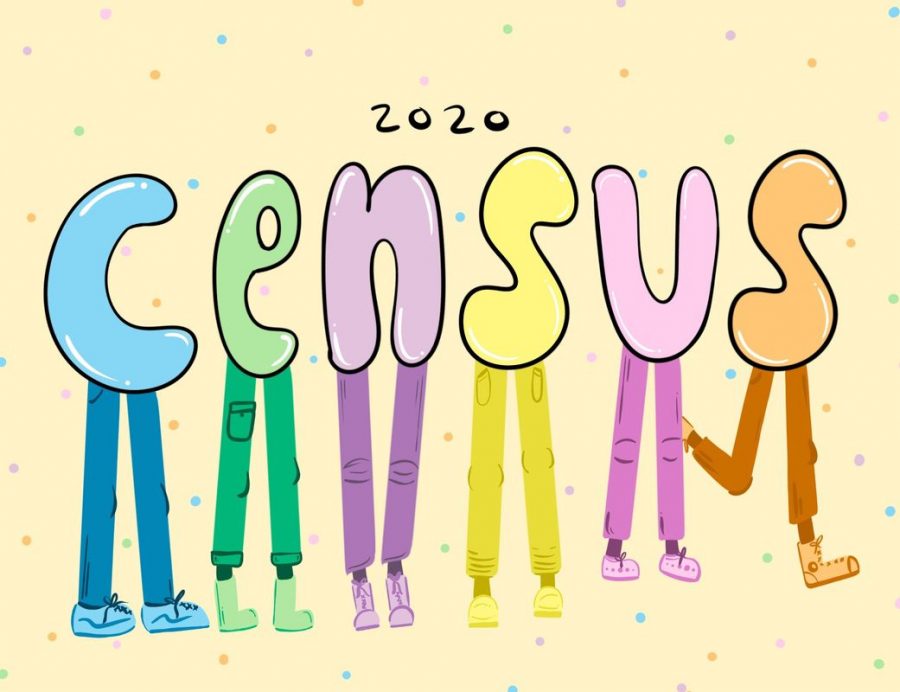Explained: What Oregon State University students need to know about the 2020 census
April 8, 2020
The 2020 census—conducted once every decade—will attempt to count the population of the United States to determine Congressional districts as well as some federal funding.
However, there are a number of difficulties in getting an accurate count, including the COVID-19 outbreak.
The census deadline has been extended from July 30 to August 14, and there is discussion of delaying the deadline further to October, according to Patrick Rollens, the public information officer for the City of Corvallis.
The 2020 census can be filled out online. Census takers will not be able to go door to door during the pandemic.
Before the coronavirus concerns, according to Barbara Bull, the city councilor for Ward 4 which includes Oregon State University, in the last census “this area was undercounted by 30%.”
“We’ve identified students as a group that is hard to reach,” Rollens said.
According to Rollens, this is because a large number of students think they need to file the census from their parent’s address, rather than from where they reside for most of the year, which in most cases is Corvallis.
Other hard-to-reach groups include racial minorities, immigrants and homeless people. However, each person counted represents $3,500 per person per year in federal funding for public agencies in the Corvallis community, which adds up to over $35,000 per person over 10 years, according to Rollens.
“If we miss someone, we miss that funding,” Rollens said.
Recent court battles over whether a citizenship question should be included on the census have also complicated the issue.
“Not only is it protected information, nobody can identify where the information came from,” said City Councilor Barbara Bull.
Bull stressed that those who need assistance should go to the Corvallis Multicultural Literacy Center, which offers a variety of free resources in numerous languages. The CMLC was given a grant to assist in helping to count these “hard to count” groups, according to Abby Mulcahy, the organization’s executive director.
Mulcahy wanted to assure those that may feel threatened by the census to put those fears aside.
“If you are uncomfortable, please talk to us,” Mulcahy said. “It is not dangerous, you will not be hunted down… it is just about making sure we count folks.”











































































































